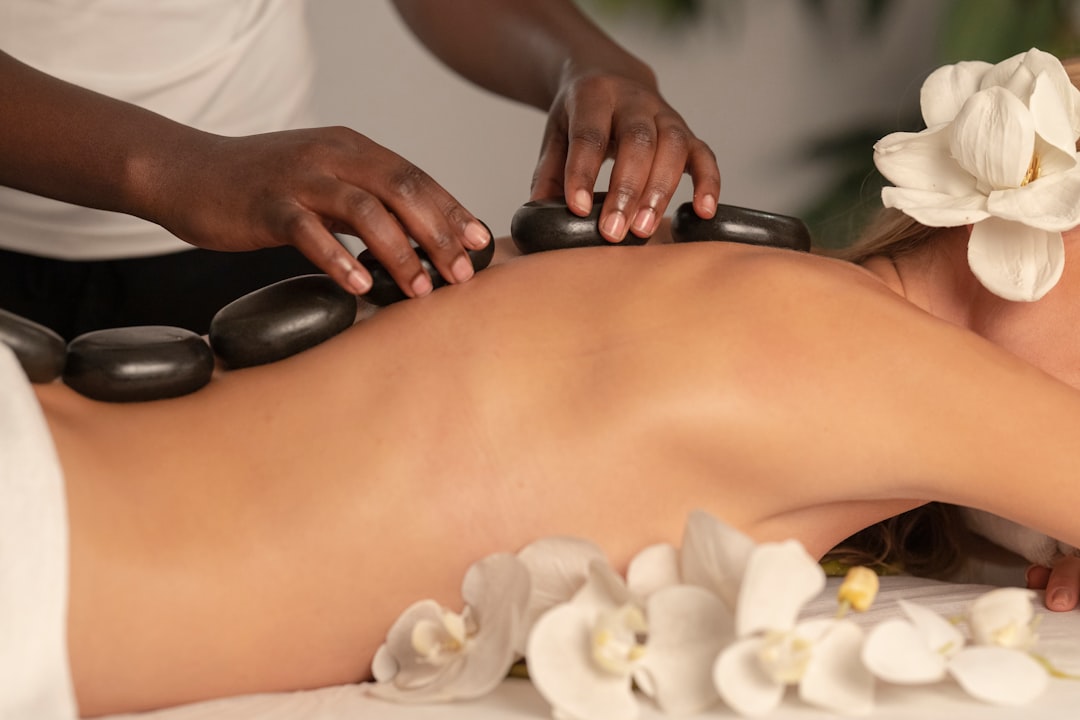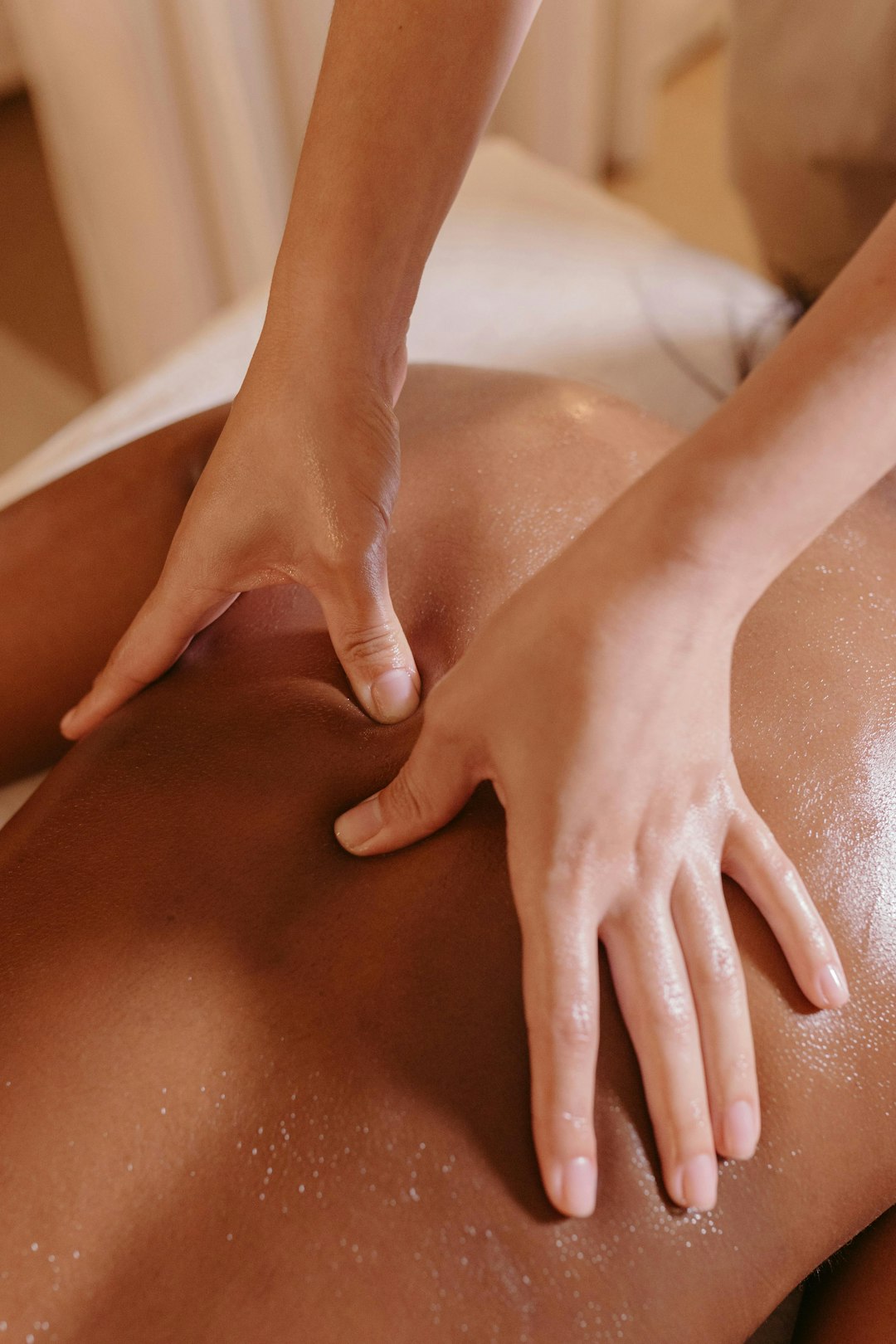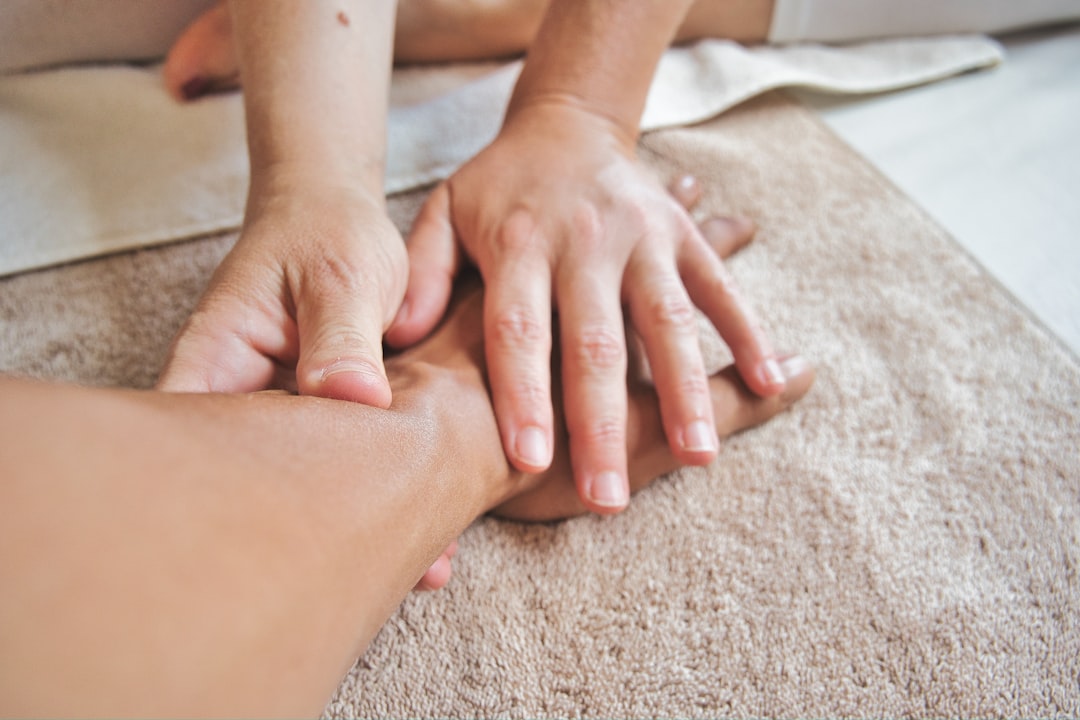“In Pennsylvania, spa abuse—a growing concern within the wellness industry—refers to various forms of exploitation and misconduct by massage spas. This article guides survivors navigating the legal system, offering insights into their rights and available aid. We explore eligibility for legal assistance from a massage spa abuse lawyer in Pennsylvania and detail the steps to file a lawsuit against offending establishments. Additionally, we provide resources for support, ensuring survivors can find help and healing.”
Understanding Spa Abuse and Legal Rights in Pennsylvania

Spa abuse, often overlooked, refers to any form of mistreatment or exploitation that occurs within a massage or wellness establishment. This can include non-consensual touching, sexual harassment, or even physical assault during a spa service. In Pennsylvania, victims of such incidents have legal rights and recourse. Understanding these rights is crucial for those seeking justice and healing.
If you’ve experienced massage spa abuse in PA, it’s essential to consult with a qualified lawyer who specializes in this area. A massage spa abuse lawyer in Pennsylvania can guide you through the legal process, help protect your rights, and ensure you receive the compensation you deserve. They will be able to provide specific advice tailored to your situation, offering support and representation throughout the legal journey.
Who is Entitled to Legal Aid for Spa Abuse Victims?

In Pennsylvania, victims of massage spa abuse are entitled to seek legal aid if they have experienced any form of harassment, assault, or exploitation while at a spa or massage facility. This includes situations where clients feel pressured into unwanted services or have suffered physical harm due to negligent practices.
Eligible individuals can turn to qualified massage spa abuse lawyers in Pennsylvania for assistance. These legal professionals specialize in advocating for victims’ rights and helping them navigate the complex legal system. Whether it’s filing a lawsuit against the responsible parties or seeking compensation for damages, these lawyers ensure that spa abuse survivors receive the support they need to rebuild their lives.
The Process of Filing a Lawsuit Against a Massage Spa in PA
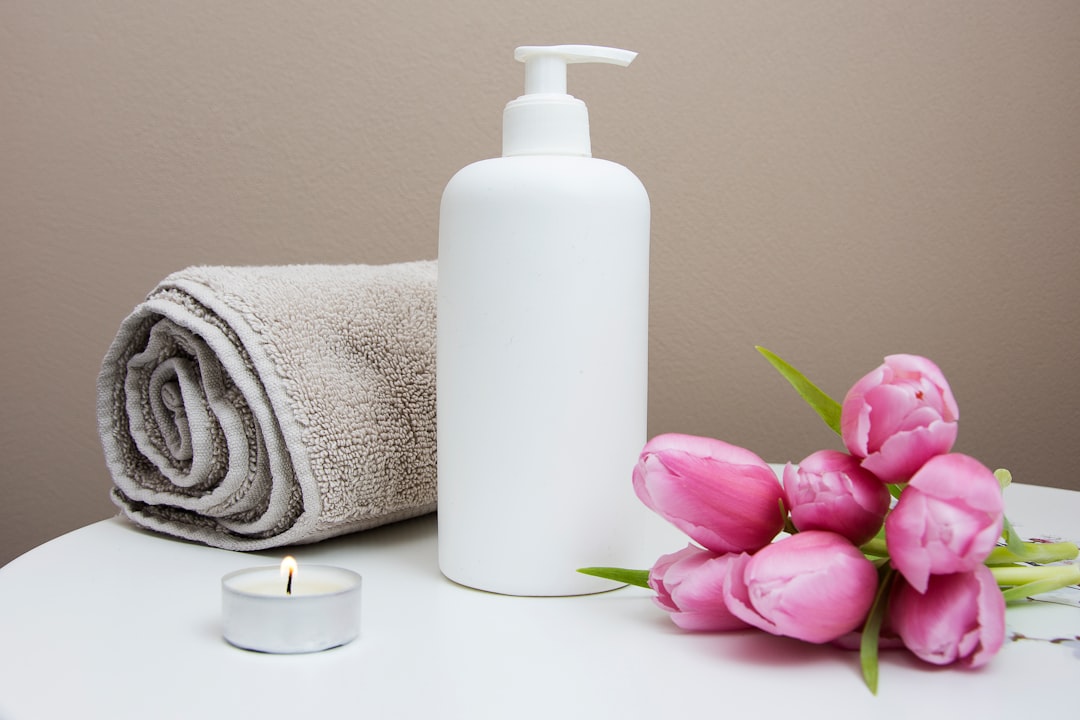
In Pennsylvania, filing a lawsuit against a massage spa for abuse requires a strategic approach. The first step is to gather evidence, including medical records, photographs, and any communication with the spa prior to the incident. It’s crucial to consult with a qualified massage spa abuse lawyer in Pennsylvania who understands the complexities of these cases. They will guide you through the legal process, ensuring all necessary documents are filed accurately and within the prescribed time frame.
Once ready, you’ll need to file your complaint at the appropriate court, usually the county where the massage spa is located. Your lawyer will draft a detailed document outlining the allegations, damages sought, and relevant laws that apply. Throughout this process, they’ll represent you, gather evidence from witnesses, and potentially negotiate a settlement with the spa’s legal representation.
Resources and Support for Survivors of Spa Abuse
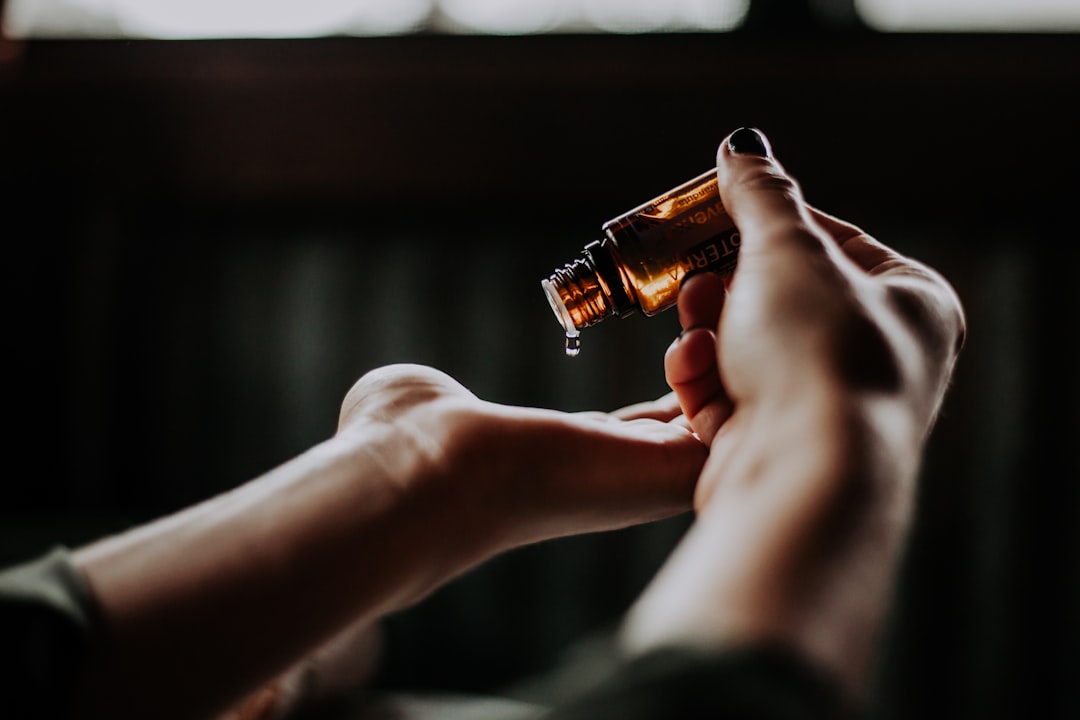
Survivors of spa abuse in Pennsylvania have access to a range of resources and support services designed to help them navigate their experiences and seek justice. Many non-profit organizations offer confidential counseling, legal aid, and advocacy for those affected by sexual or physical harassment within massage spas. These organizations provide a safe space for individuals to share their stories and connect with peers who understand their unique challenges.
If you’ve experienced abuse at the hands of a massage spa in Pennsylvania, consider reaching out to a qualified massage spa abuse lawyer. Legal professionals specializing in this area can guide survivors through the complexities of filing complaints, pursuing civil litigation, or seeking criminal charges against perpetrators. With their expertise, victims can access justice and hold accountable those who have violated their rights.
